After falling below the mass market segment average of 838 points with a score of 831 in the 2024 J.D. Power U.S. Automotive Performance, Execution and Layout (APEAL) Study, Ford wound up nearly matching the segment average of 840 in 2025 with a score of 838. It was a big improvement all-around for Ford, though Lincoln lost a few points, going from 874 in 2024 to 870 this year - ranking it below the premium segment average of 881. It wasn't all bad news for the luxury brand, however, as the Lincoln Nautilus brought home an individual APEAL segment award.
The Lincoln Nautilus ranked first in the mid-size premium SUV segment of the 2025 J.D. Power U.S. APEAL Study, ahead of the Land Rover Defender and Range Rover Velar, which fell behind it in second- and third-place. It joins a few other Blue Oval models that scored segment wins this time around, including the Ford Super Duty, which topped the heavy-duty truck segment, and the Ford Mustang, which ranked first in the sports car segment.
J.D. Power’s APEAL Study asks vehicle owners to consider 37 different attributes, including the sense of comfort they feel when hopping in those vehicles and the excitement they garner from the driving experience itself. Those responses are then aggregated to compute an overall APEAL Index score, and this time around, is based on responses from 92,964 owners of new 2025 model-year vehicles who were surveyed after 90 days of ownership. Interestingly, the 2025 APEAL Study’s overall satisfaction of 851 is the highest since the study was last redesigned in 2020, signaling that owners are more excited about their new rides than ever.
“Manufacturers have made significant advancements that continue to redefine the vehicle ownership experience and have become more adept at translating innovation into meaningful customer engagement,” said Frank Hanley, senior director of auto benchmarking at J.D. Power. “However, the study finds that owners of new models have lower levels of satisfaction with vehicle setup and startup – as well as infotainment systems – compared with owners of carryover models. This suggests that increasing technology and menu complexity remain persistent challenges for the industry.”

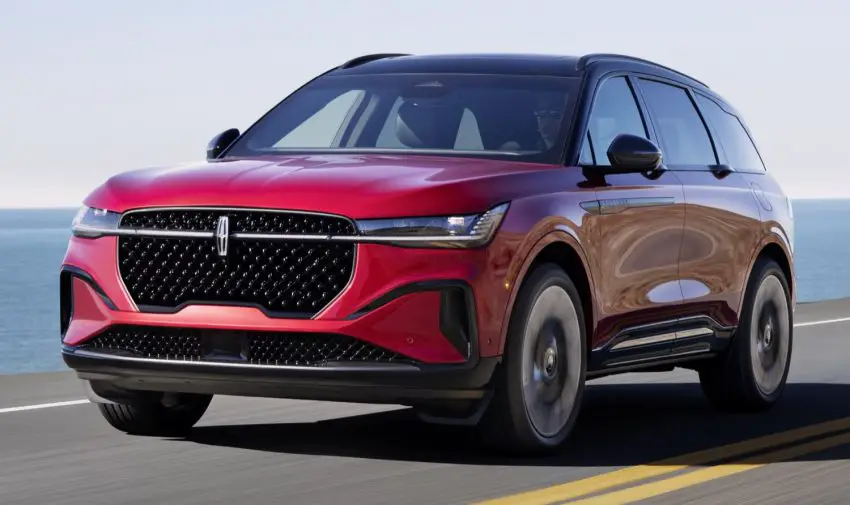
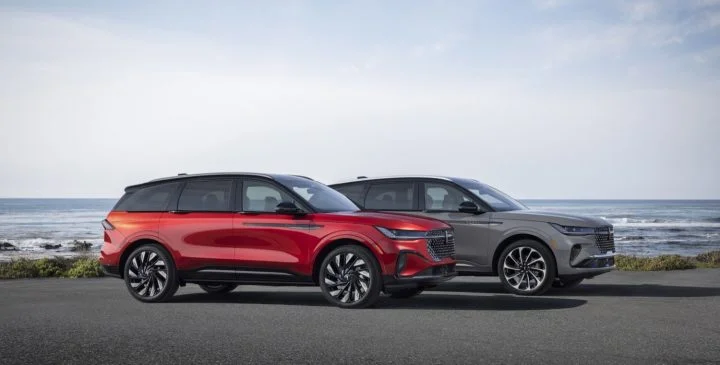
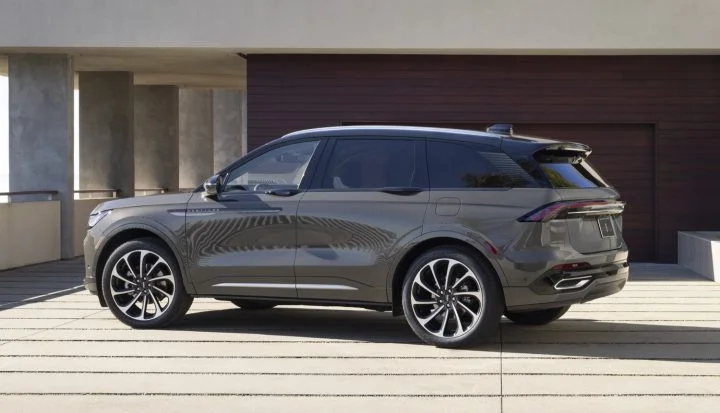
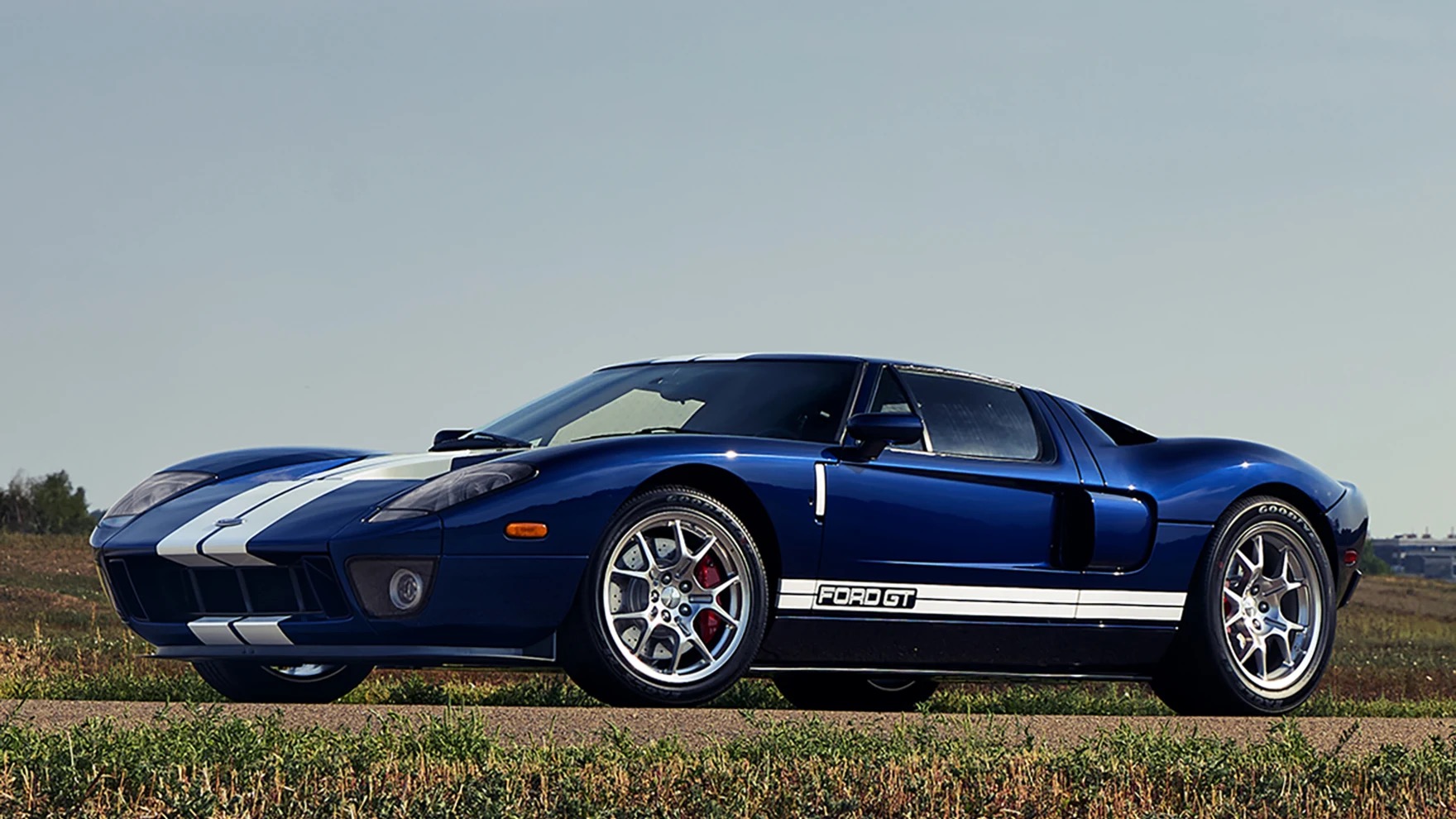
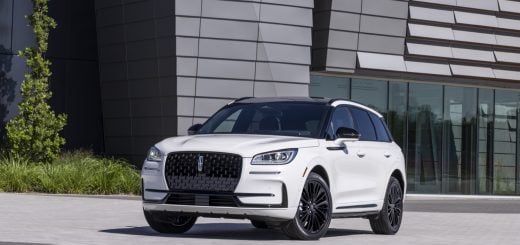
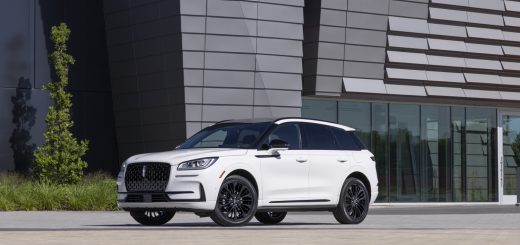
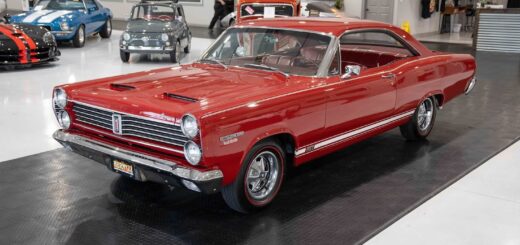
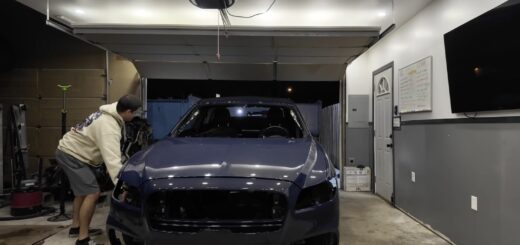
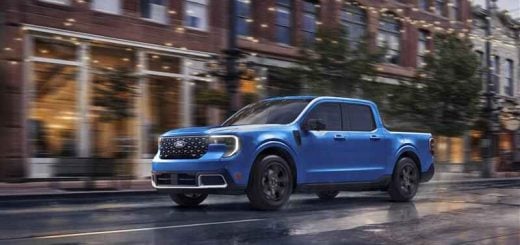
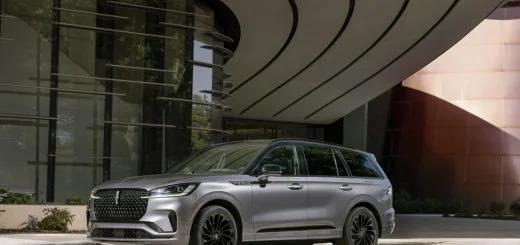
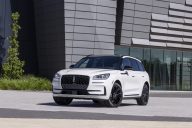
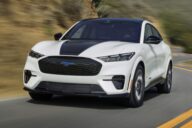
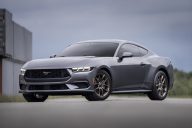
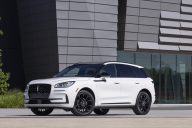
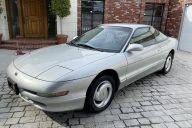
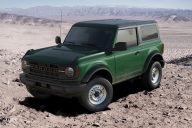
No Comments yet